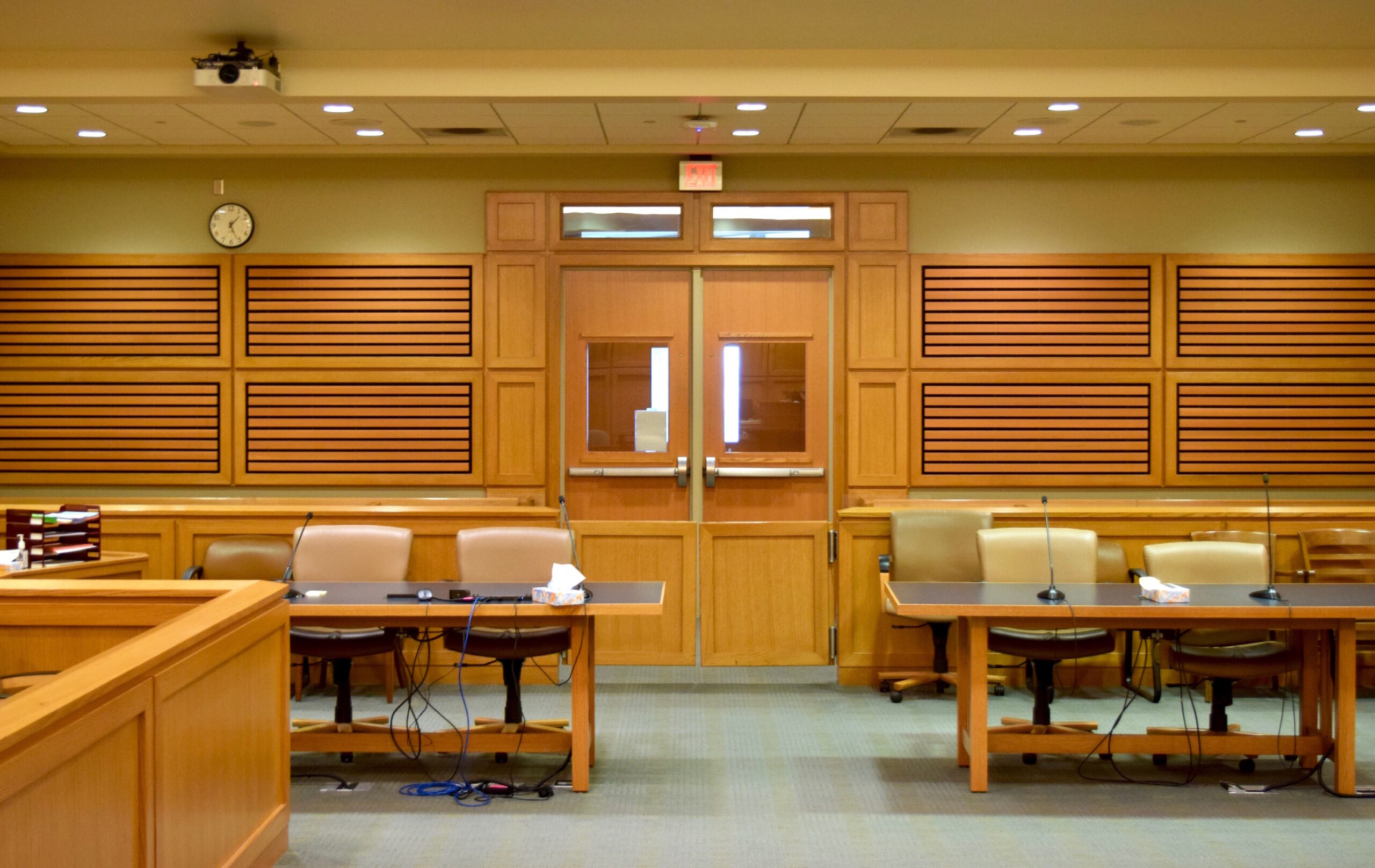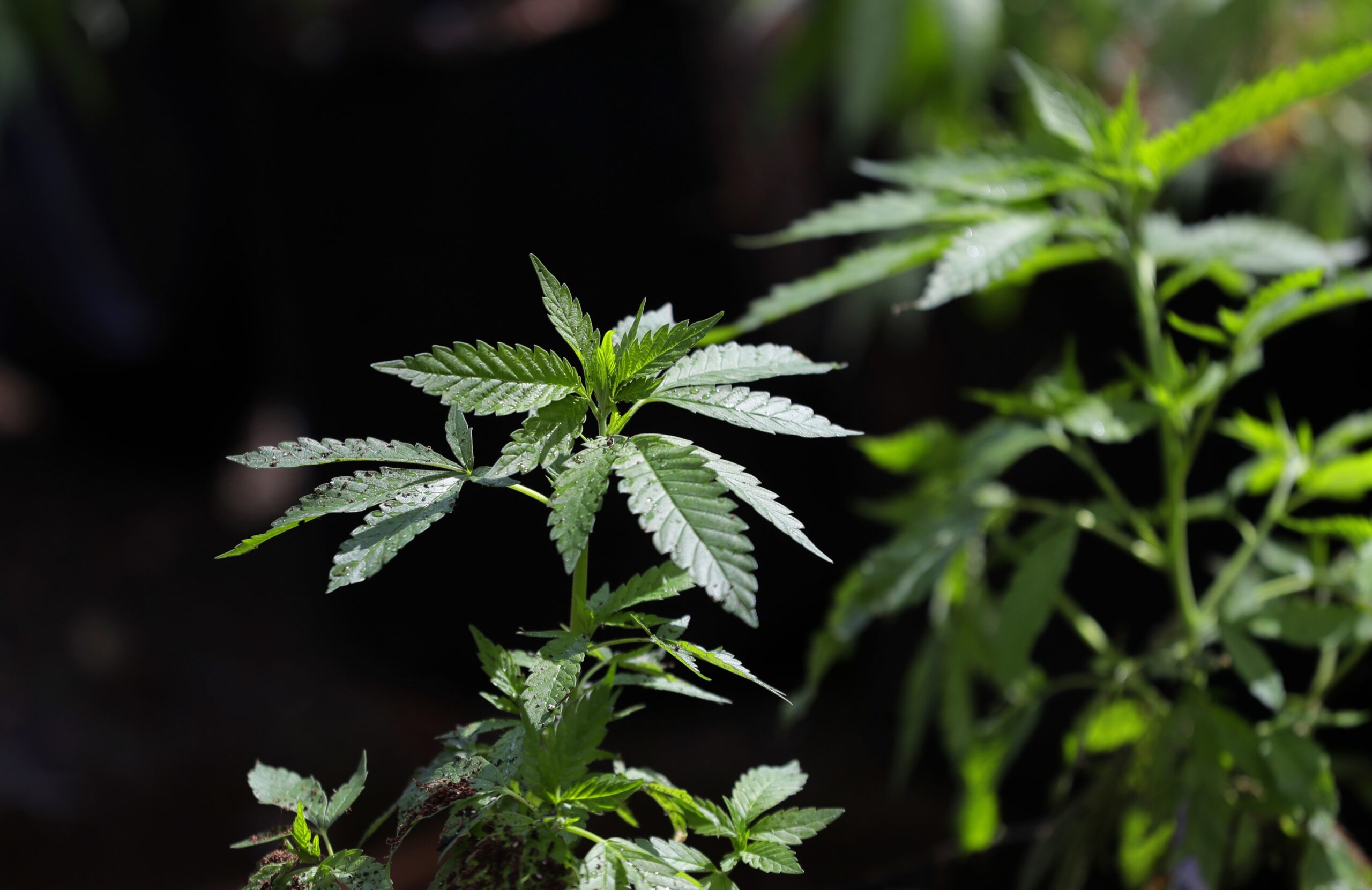Gov. Tony Evers’ proposal to decriminalize marijuana in Wisconsin would go further than other states that have loosened restrictions on the drug, according to a new report from a public policy think-tank.
According to the report from the Wisconsin Policy Forum, the governor’s proposal to eliminate civil and criminal penalties for possession of up to 25 grams of marijuana is more lenient than regulations in 13 other states that have decriminalized the drug.
Decriminalization typically eliminates criminal penalties, including potential jail time and a criminal record, but leaves civil penalties, like fines, intact, the report said.
Stay informed on the latest news
Sign up for WPR’s email newsletter.
States that have decriminalized certain amounts of marijuana, including Illinois and Minnesota, have civil penalties ranging from $50 to $500.
Rob Henken, president of Wisconsin Policy Forum, said the governor’s plan to eliminate both civil and criminal penalties would essentially put Wisconsin as close to full legalization as possible, without actually legalizing the drug or establishing means of taxation or regulation.
He said there could be some drawbacks to that.
“Instead of seeing this as a path toward full legalization, we’re perhaps getting the worst of both worlds,” Henken said. “We are, for all intents and purposes, legalizing possession of small amounts, but we are not creating the mechanism under which Wisconsin could actually benefit from a revenue perspective from being able to tax the sale of marijuana.”
The governor’s plan faces long odds in the state Legislature.
Last week, top Republicans said the proposal will not be included in the state budget, as Evers has requested.
Republican Assembly Speaker Robin Vos, R-Rochester, and Senate Majority Leader Scott Fitzgerald, R-Juneau, have also both said they oppose it.
Evers unveiled his proposal in February as part of a bill that would legalize medical marijuana in Wisconsin. He argues it would expand treatment options for people with seizure disorders, post-traumatic stress disorder and those suffering from side effects of cancer treatment.
Evers has also argued his plan would help combat racial inequities in the criminal justice system.
A number of reports from nonprofit organizations and the federal government in recent years have outlined Wisconsin’s disproportionately high incarceration rate of African-Americans and other individuals from communities of color for offenses including marijuana possession.
Under current state law, a first-time conviction for marijuana possession comes with a fine up to $1,000 and up to six months in jail. However, state law also allows municipalities to set their own penalties for possession.
Possession penalties vary widely across the state — in Eau Claire, the fine can be as low as $1, compared to up to $5,000 in Wauwatosa.
Wisconsin Public Radio, © Copyright 2025, Board of Regents of the University of Wisconsin System and Wisconsin Educational Communications Board.



